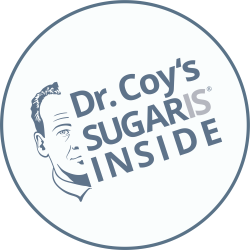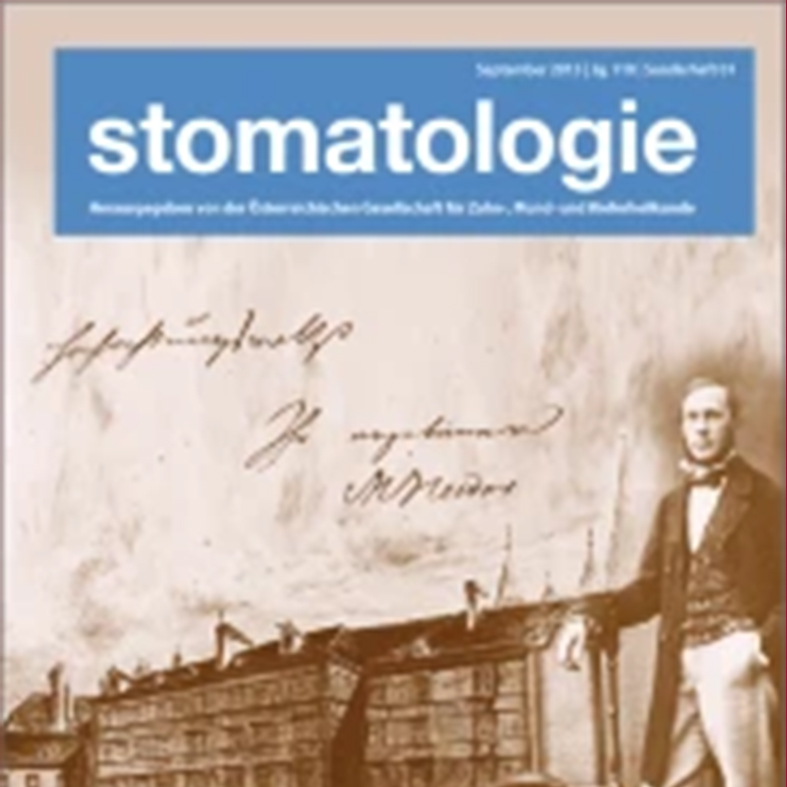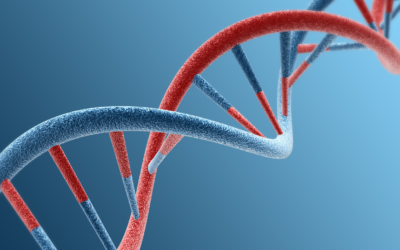The Science of Galactose
What scientific evidence is there to support the use of galactose?
Below is a short summary of the incredible, and ongoing, research investigating the impact of galactose:
-
 Prevents premature aging by not sticking to proteins and protecting against free radicals.
Prevents premature aging by not sticking to proteins and protecting against free radicals.
-
 Provides energy to the brain even when insulin resistance is present, aiding concentration, focus, and memory.
Provides energy to the brain even when insulin resistance is present, aiding concentration, focus, and memory.
-
 Supports cardiovascular health by not damaging blood vessels, increasing good cholesterol, and reducing inflammation.
Supports cardiovascular health by not damaging blood vessels, increasing good cholesterol, and reducing inflammation.
-
 Does not damage cell structures, reduces wrinkles by promoting blood flow and skin elasticity.
Does not damage cell structures, reduces wrinkles by promoting blood flow and skin elasticity.
-
 Provides smooth and sustained energy without causing drops in mental or physical performance.
Provides smooth and sustained energy without causing drops in mental or physical performance.
-
 Galactose promotes the growth of good bacteria that help remove toxic ammonia in the body. It also protects the gut from leaks and harmful pathogens like fungi and yeast that cause inflammation.
Galactose promotes the growth of good bacteria that help remove toxic ammonia in the body. It also protects the gut from leaks and harmful pathogens like fungi and yeast that cause inflammation.
-
 Galactose structures in the body help produce immune lectins. It reduces the replication of viruses and pathogens by removing their fuel source. Galactose has minimal impact on autophagy, which allows the immune system to function properly and keep cells healthy.
Galactose structures in the body help produce immune lectins. It reduces the replication of viruses and pathogens by removing their fuel source. Galactose has minimal impact on autophagy, which allows the immune system to function properly and keep cells healthy.
-
 Galactose doesn't cause insulin elevation because it's not needed for cellular transport. This can help reduce insulin resistance by giving the body a break from using insulin-dependent energy systems.
Galactose doesn't cause insulin elevation because it's not needed for cellular transport. This can help reduce insulin resistance by giving the body a break from using insulin-dependent energy systems.
-
 Galactose is metabolized in the liver without using insulin, so it doesn't lead to fat deposition in the liver. Animal studies show that galactose can reduce liver inflammation and improve insulin sensitivity and glycogen storage when replacing just 15% of sugar intake.
Galactose is metabolized in the liver without using insulin, so it doesn't lead to fat deposition in the liver. Animal studies show that galactose can reduce liver inflammation and improve insulin sensitivity and glycogen storage when replacing just 15% of sugar intake.
-
 Galactose provides the building blocks for creating tissues in the brain and nervous system, specifically cerebrosides, gangliosides, and mucoproteins. Galactocerebrosides are the main glycoprotein in neuronal myelin, insulating neurons to ensure effective signal transmission.
Galactose provides the building blocks for creating tissues in the brain and nervous system, specifically cerebrosides, gangliosides, and mucoproteins. Galactocerebrosides are the main glycoprotein in neuronal myelin, insulating neurons to ensure effective signal transmission.
-
 Galactose stops bad bacteria from attaching to tooth enamel, which prevents the formation of plaque and reduces dental caries and cavities. It also protects teeth from mineral loss and enhances oral health while reducing inflammation and preventing bad breath.
Galactose stops bad bacteria from attaching to tooth enamel, which prevents the formation of plaque and reduces dental caries and cavities. It also protects teeth from mineral loss and enhances oral health while reducing inflammation and preventing bad breath.
Dr. Coy’s Research
Award-winning scientist Dr. Johannes Coy discovered the TKTL1 gene. This gene allowed modern humans to evolve from our Neanderthal ancestors.
Homo sapiens produce more neurons in the frontal lobe than Neanderthals due to a single amino acid change in the protein TKTL1.
Unfortunately, our modern diet contains an excess of glucose, fructose and sucrose (‘classic sugars’) and we need half the calories our ancestors needed to survive. This has turned TKTL1 against us.
Classic sugars spike blood sugar, causing inflammation, insulin resistance and disease. The epidemic of lifestyle diseases, like diabetes and cancer, are driven by TKTL1 and our sweet excess. But it doesn’t have to be this way.
Galactose provides a sweet and sustaining energy which actively nourishes the body and, crucially, doesn’t activate the TKTL1 gene. Energize your mind and body with a rare sugar that enhances metabolism and provides energy without relying on insulin, so your brain can think more clearly.

“The suffering for those affected, and their relatives (as well as the financial impact on society, and the burden on the next generation) could be avoided, if knowledge about the importance of blood sugar levels were implemented promptly, and our diet adapted to today’s situation with little physical exercise and a lot of stress”
Dr Johannes Coy
Additional Resources
If you would like to learn more about the extensive research supporting the way galactose impacts wellness, here is a small sample of some studies we think you’ll find interesting.

Galactose promotes fat mobilization in obese lactating and nonlactating women
American Journal of Clinical Nutrition published this study demonstrating the fat burning benefits of galactose: “Galactose consumption is associated with higher endogenous fat mobilization and oxidation during meal absorption”
Anticaries effectiveness of D(+)-galactose
This study shows the effectiveness of galactose to prevent cavities and improve oral health: “5.0% galactose reduces the amount of caries with a high significance level, lowers abrasion of the chewing surfaces, possibly because of increased serum calcium related to this galactose concentration, and diminishes the amount of film.”
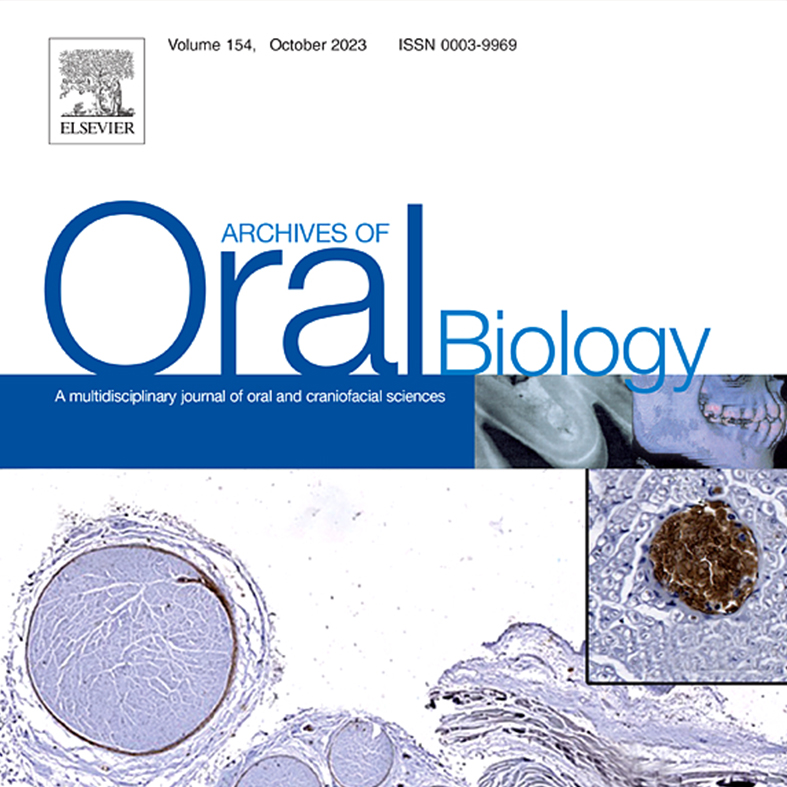
Use of d-galactose to regulate biofilm growth
This animal study demonstrated the effectiveness of toothpaste made with galactose in preventing biofilm growth: “Our results suggest that d-galactose can be a candidate substance for the development of oral hygiene products to prevent caries by inhibiting the biofilm formation of S. mutans”

Galactose inhibits migration and invasive growth of cancer cells
This study provides clear evidence that specific types of dietary sugar are implicated in either feeding, or starving, the spread of cancer: “In order to test whether TKT’s promotion of colorectal cancer metastasis is dependent on glycolysis, we used galactose which induced cells to survive on ATP provided by mitochondrial respiration instead of glucose.”
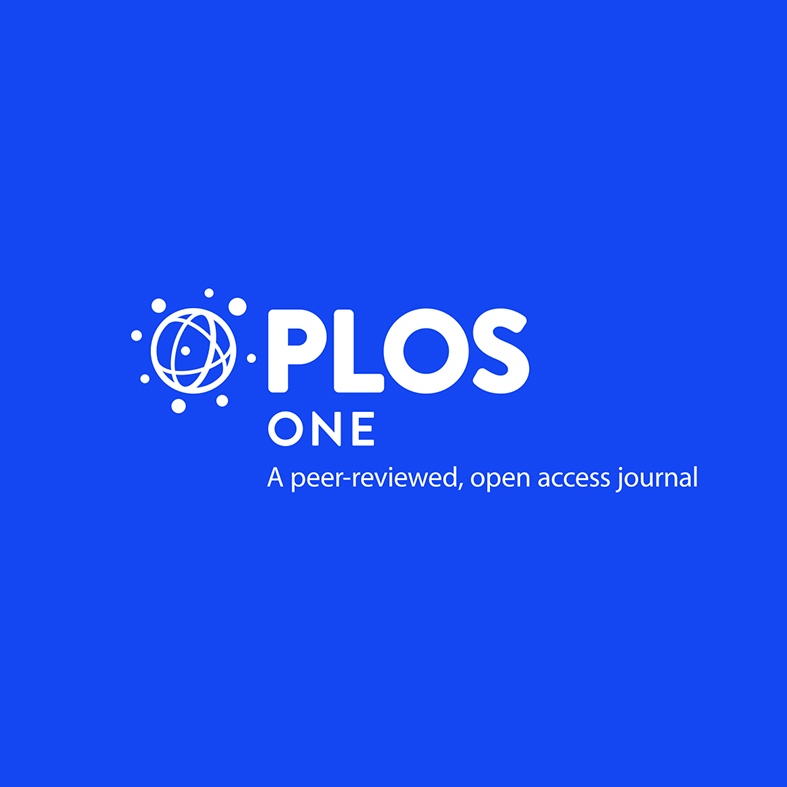
Galactose enhances oxidative metabolism and reveals mitochondrial dysfunction in human primary muscle cells
This study looked at the differences in oxygen use when cells are nourished with glucose versus galactose. They saw a significant increase in oxygen utilisation with galactose, allowing them to characterise metabolic changes in diabetic patients, thereby creating a new model for the molecular mechanisms of mitochondrial dysfunction
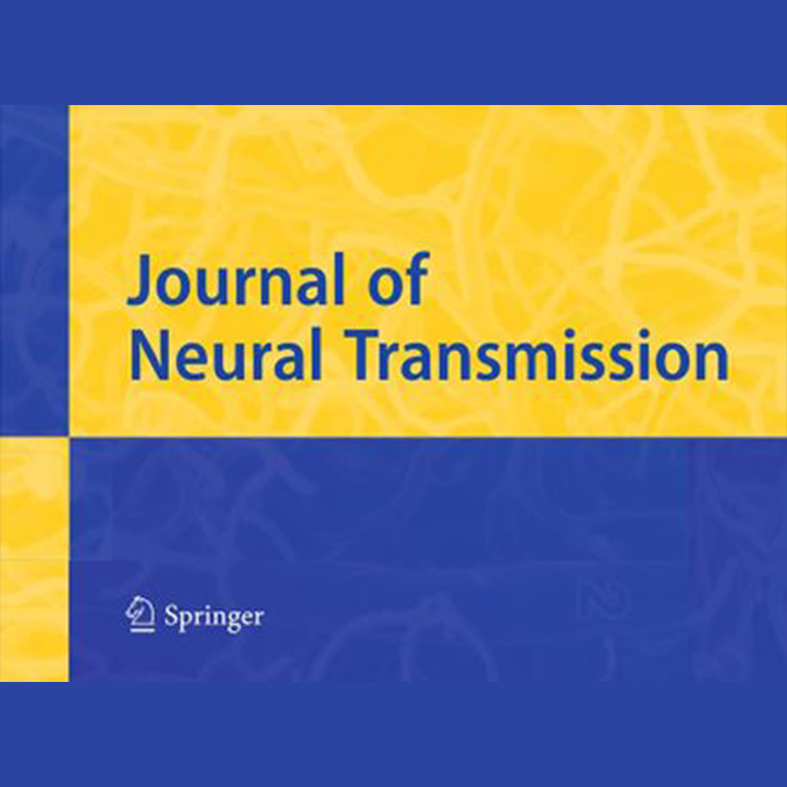
Metabolism of galactose in the brain and liver of rats and its conversion into glutamate and other amino acids
This animal study measured galactose uptake in various organs. It demonstrated that the liver, brain and muscles can use galactose. They showed that galactose concentrations in the brain remain higher for longer, demonstrating its ability to provided a more sustaining energy. They also found that galactose enhanced the breakdown of toxic ammonia and proposed “galactose as a new means of removal of this neurotoxic compound from the brain in patients suffering from hepatic encephalopathy or Alzheimer’s disease”
Latest News & Insights
The Impact of the Mediterranean Diet on Brain Aging
The Impact of the Mediterranean Diet on Brain Aging How much of a role does our diet play in our brain health? A new study reveals that nutrients commonly found in the Mediterranean diet are crucial for slowing down brain aging. The findings suggest that a diet rich...
The Power of Cancer Nutrition: An Interview with Sarah Blumenfeld
The Power of Cancer Nutrition: An Interview with Sarah Blumenfeld After her third cancer diagnosis, and a fatal prognosis of only 6 months, Sarah Blumenfeld decided to take matters into her own hands. She drastically changed her diet and created her own holistic route...
Unlocking TKTL1 – Part 2
Unlocking TKTL1 – Part 2: How does TKTL1 affect us today?This incredible gene, responsible for our advanced capabilities as humans, is backfiring in our modern lifestyles. So, how does TKTL1 function in the body? TKTL1 acts like a factory. It produces all the building...
